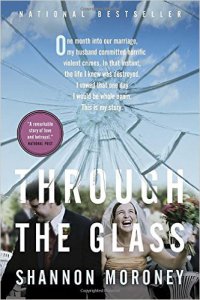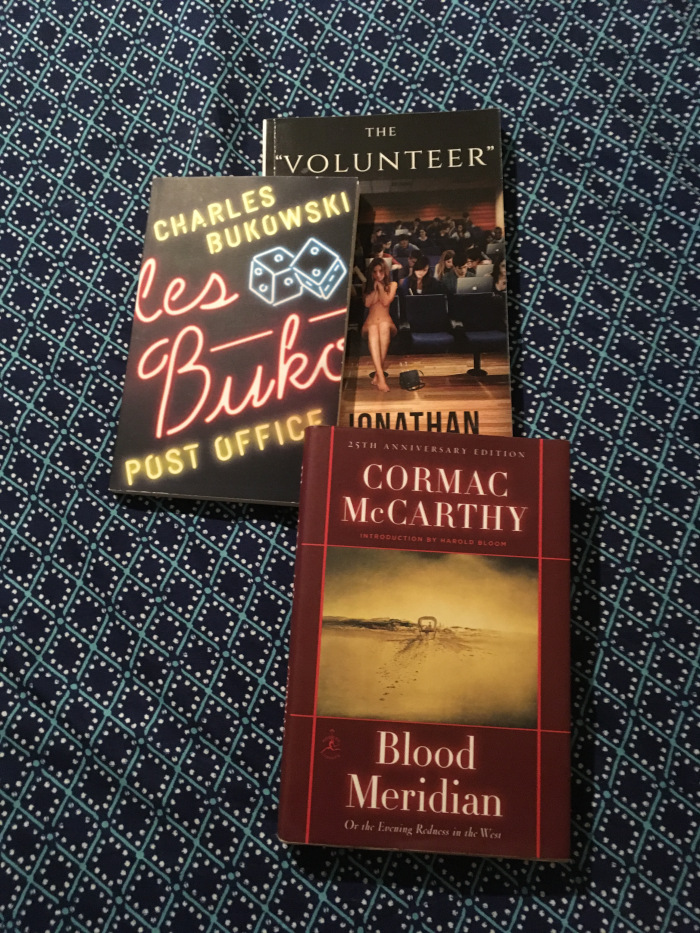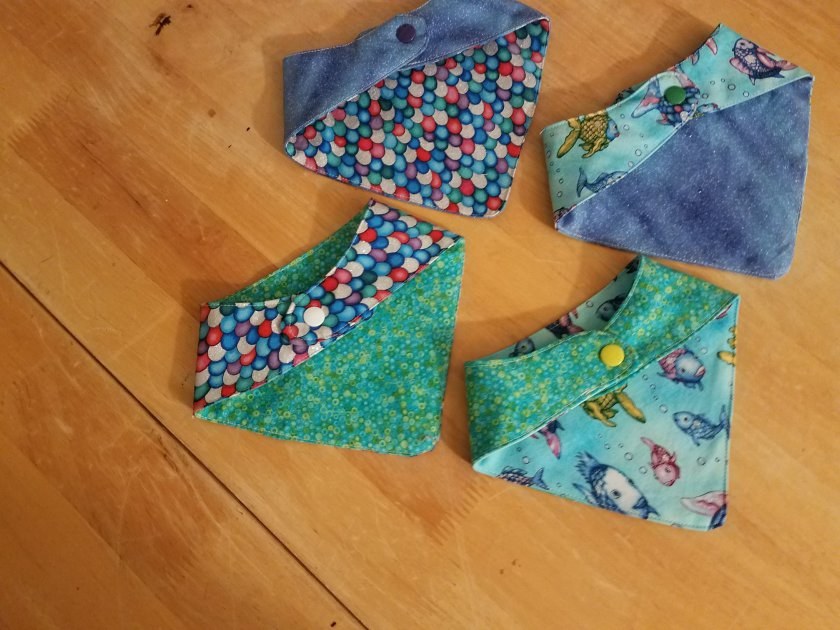What do writers like to do most of all? Okay, besides dream of red wine (or other tipple) coming directly from the faucet tap. It’s reading! Writers LOVE (or should love) to read. And the best part about this love is that, unlike the possibility of ever-flowing wine, reading will help you be a better writer.
But before we get into my recommendations for books that will help you be a better writer, I have…
A little update on my own bookIt’s almost DONE!!!! Well, this draft is almost done. I have just a few more chapters to work through and am hoping to be done with them by the end of next week. This is only the second draft (after many false starts on this damn project), but normally my second drafts are little better than my first drafts and most of the heavy work really comes in draft three. This time around though, perhaps because I’ve spent so long on this book, the second draft is going to result in a pretty-close-to-the-end-product manuscript.
I still have a couple story lines to enhance, some settings that need a bit of flourish, and some consistency/timeline matters to nail down, but I’m really impressed with how well this draft is shaping into a book that one or two people might not hate reading.
Speaking of books you should be reading….Recently, someone emailed me and, after warming me up with praise for my artwork, asked me for some writing advice. The first thing that popped into my head was READ. Of course, I think everyone should be reading more, but writers especially need to read. They need to read within their genre to understand the conventions (and the cliches), they need to read outside of their genre to be well-rounded, they need to read bad books to see what doesn’t work.
And, they need to read books on writing because the craft of writing is something you need to continually educate yourself on if you want to improve.
There are shelves and shelves of writing books out there. Some can be terribly hokey, some can be too general (yes, I know I need to try to write every day), while others can be too specific (really, I have to write at 2:14pm every day if I’m going to succeed?). For me a good writing book not only gives good advice in a fresh way, but should also prompt that little inspiration factory in my head and fill me with ideas for things to include in my own writing.
A few of these books are listed below and, as I get closer to heading into the final drafts of my own book, I plan to give a few of these a re-read not only to refresh my knowledge, but to fill me with ideas and inspiration.
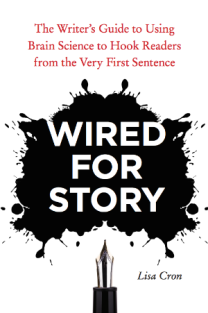
Image from wiredforstory.com
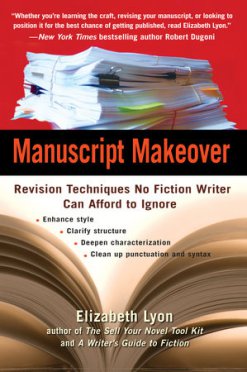
Image from penguinrandomhouse.com
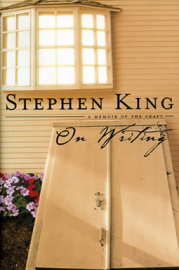
Image from StephenKing.com
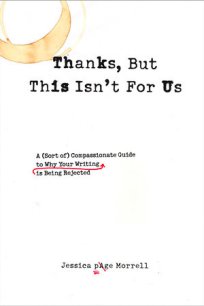
Image from penguinrandomhouse.com
Have any writing-advice favorites? If you’re not a writer, do books ever inspire you to come up with new ideas for your own craft?
* * *
ART OPEN HOUSESaturday, 15 April 2017 * * * Noon to 3:00 pm
Please stop by to say hello, grab a snack, and view several pieces of my colored pencil and acrylic artwork!! The gallery is at…
Clackamas Community College, Wilsonville Campus, 29353 SW Town Center Loop East, Wilsonville, Oregon 97070
Can’t make it? Don’t worry, the art will be on display from 3 April until 16 June 2017

- More



